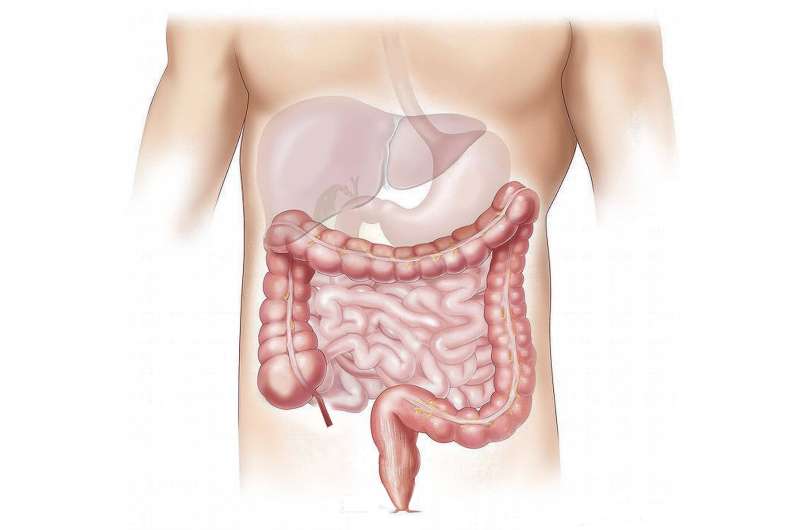How Mouse Diets Can Impact Imaging Accuracy in Preclinical Research

A groundbreaking study reveals that mouse diets can significantly affect Magnetic Particle Imaging (MPI) results, emphasizing the importance of dietary control to improve preclinical research accuracy.
Recent research from the Center for Healthy Brain Aging (CHeBA) at UNSW Sydney has uncovered a significant factor affecting the precision of Magnetic Particle Imaging (MPI), a cutting-edge tool used widely in medical research. The study reveals that the diet of laboratory mice—even without any magnetic tracer injections—can generate gut signals that mimic the presence of tracer particles, potentially leading to misleading results.
Published in the journal Magnetochemistry, the study investigated the effects of various standard laboratory diets on MPI signal interference. The researchers tested six common mouse diets in Australia, including low-iron, Western, and specialty formulations, along with short-term fasting protocols. Their findings showed that mice fed standard diets produced MPI signals up to 11 times stronger than those on modified diets. Notably, switching to a gluten- and allergen-free diet, implementing a 24-hour fasting period, or adopting low-iron diets could reduce gut signals by approximately 90%, significantly improving imaging clarity.
Lead author Dr. Saeed Shanehsazzadeh explained that even mice not injected with any magnetic tracers can exhibit gut signals comparable to 5 micrograms of Vivotrax, a commonly used tracer. Such background noise threatens the accuracy of MPI, particularly when detecting small tracer doses or studying sensitive regions near the gut.
This discovery carries profound implications for preclinical research, diagnostics, and drug testing, where imaging fidelity is critical. By simply adjusting the diet before imaging procedures, researchers may enhance the quality of data obtained, reduce resource waste, and improve the reproducibility of experiments.
Professor Perminder Sachdev, Co-Director of CHeBA, emphasized that optimizing diet protocols can be a straightforward yet effective strategy to mitigate gut signal interference. As imaging techniques become increasingly vital in disease modeling and clinical diagnostics, understanding and controlling dietary influences will be essential to ensure accuracy and reliability.
For more details, see the full study: Saeed Shanehsazzadeh et al, Evaluation of the Effects of Food and Fasting on Signal Intensities from the Gut Region in Mice During Magnetic Particle Imaging (MPI), Magnetochemistry, 2025. [DOI: 10.3390/magnetochemistry11080063]
This research underscores the importance of considering diet as a variable in preclinical imaging workflows, with potential benefits across a wide range of biomedical applications.
Stay Updated with Mia's Feed
Get the latest health & wellness insights delivered straight to your inbox.
Related Articles
Blocking Cell Death Receptor Promotes Mucosal Healing in Inflammatory Bowel Disease
A recent study identifies that inhibiting the TMEM219 cell death receptor can enhance mucosal healing in inflammatory bowel disease, offering new therapeutic prospects.
US Sees Slight Increase in Measles Cases as New Outbreak Reported in Colorado
Recent CDC data shows a slight rise in measles cases across the U.S., with new outbreaks in Colorado and Texas highlighting the importance of vaccination and vigilance against this highly contagious virus.
Effective Strategies for Communicating with Loved Ones About a Head and Neck Cancer Diagnosis
Learn effective strategies to communicate openly and supportively with loved ones after a head and neck cancer diagnosis. Practical tips include understanding your diagnosis, deciding who to inform, and seeking support resources to navigate this challenging time.
Understanding Why a Rare Kidney Cancer Evades Immune Therapy
New research uncovers the immunological reasons behind the resistance of the rare chromophobe renal cell carcinoma to traditional immune therapies, highlighting the need for targeted treatment strategies.



